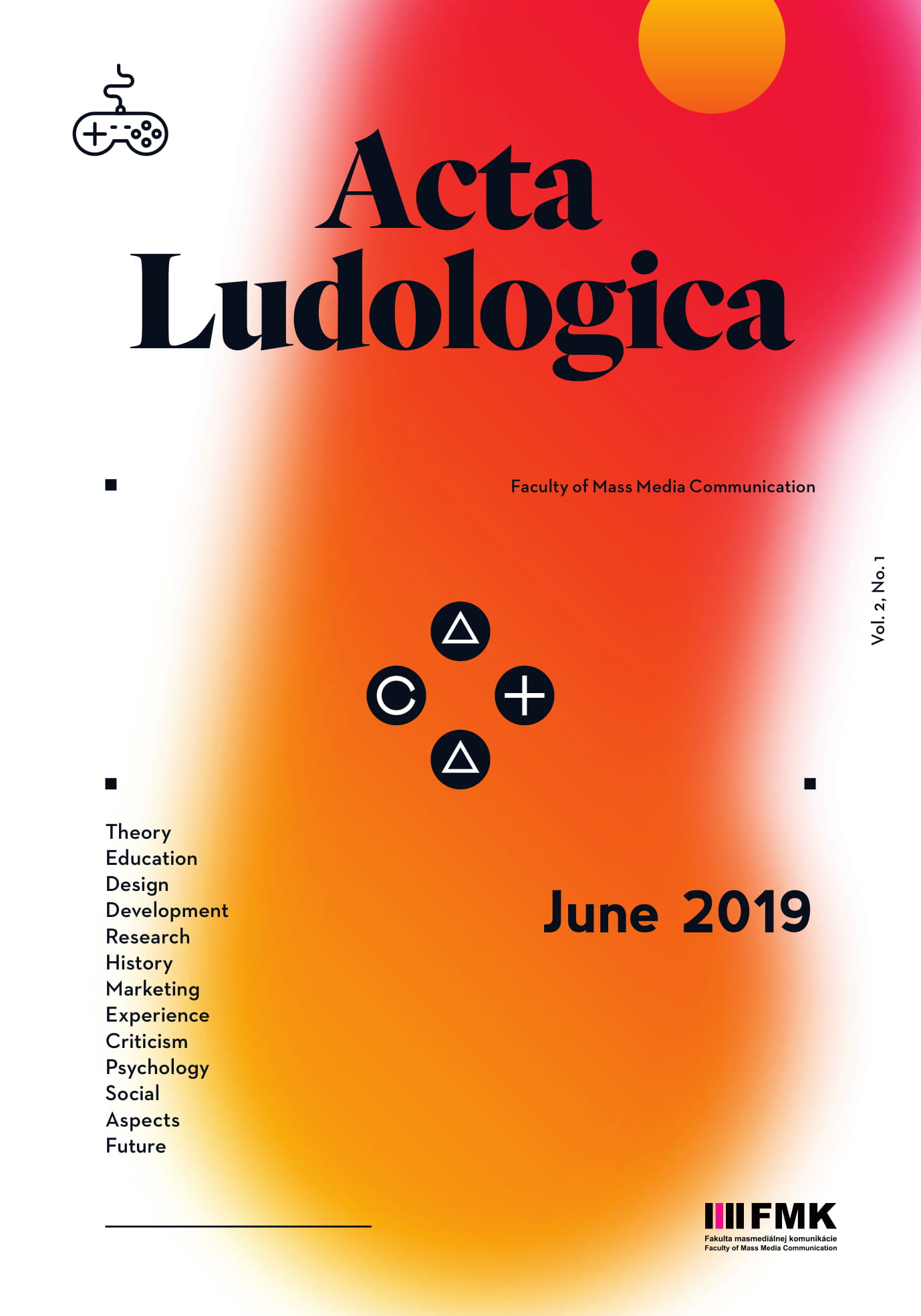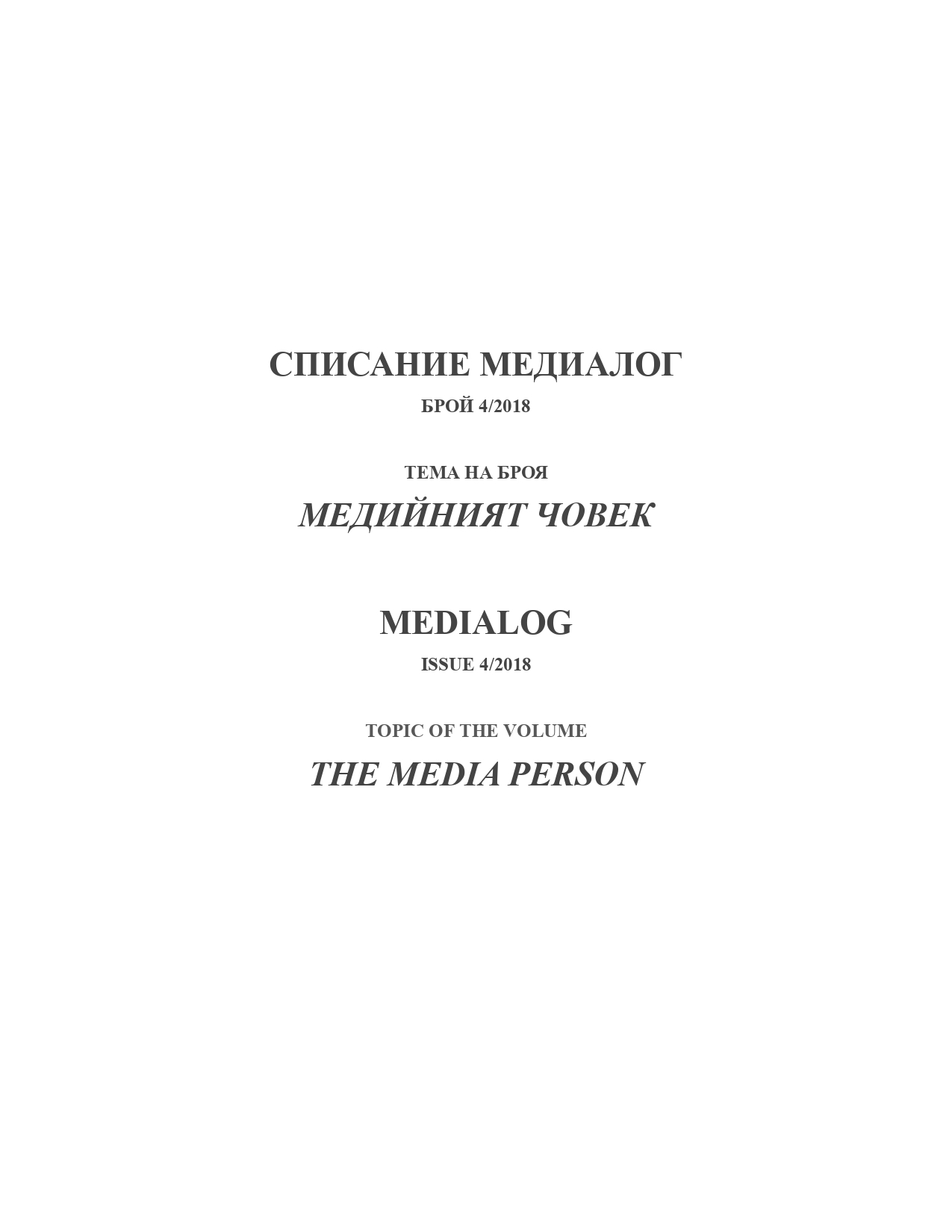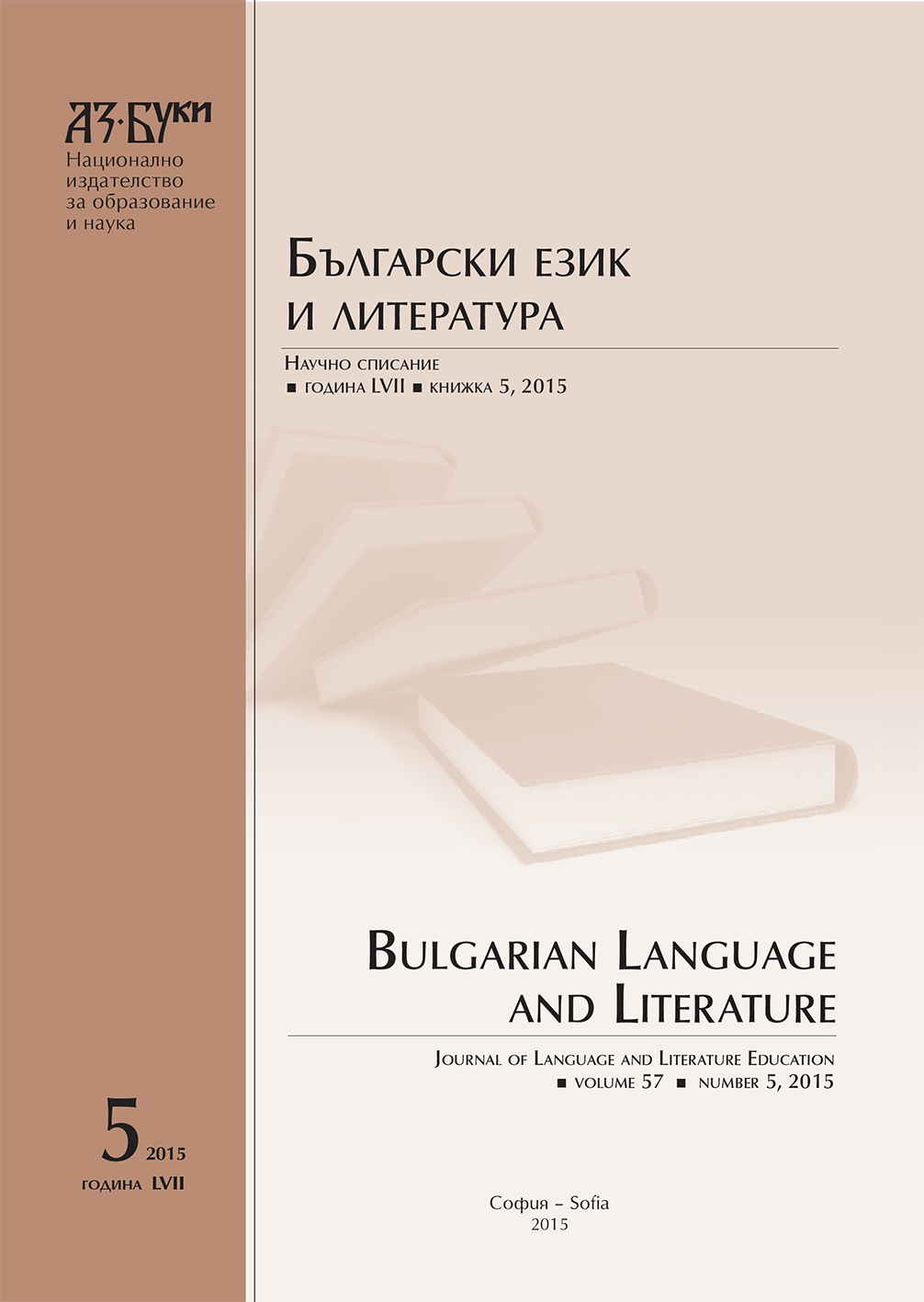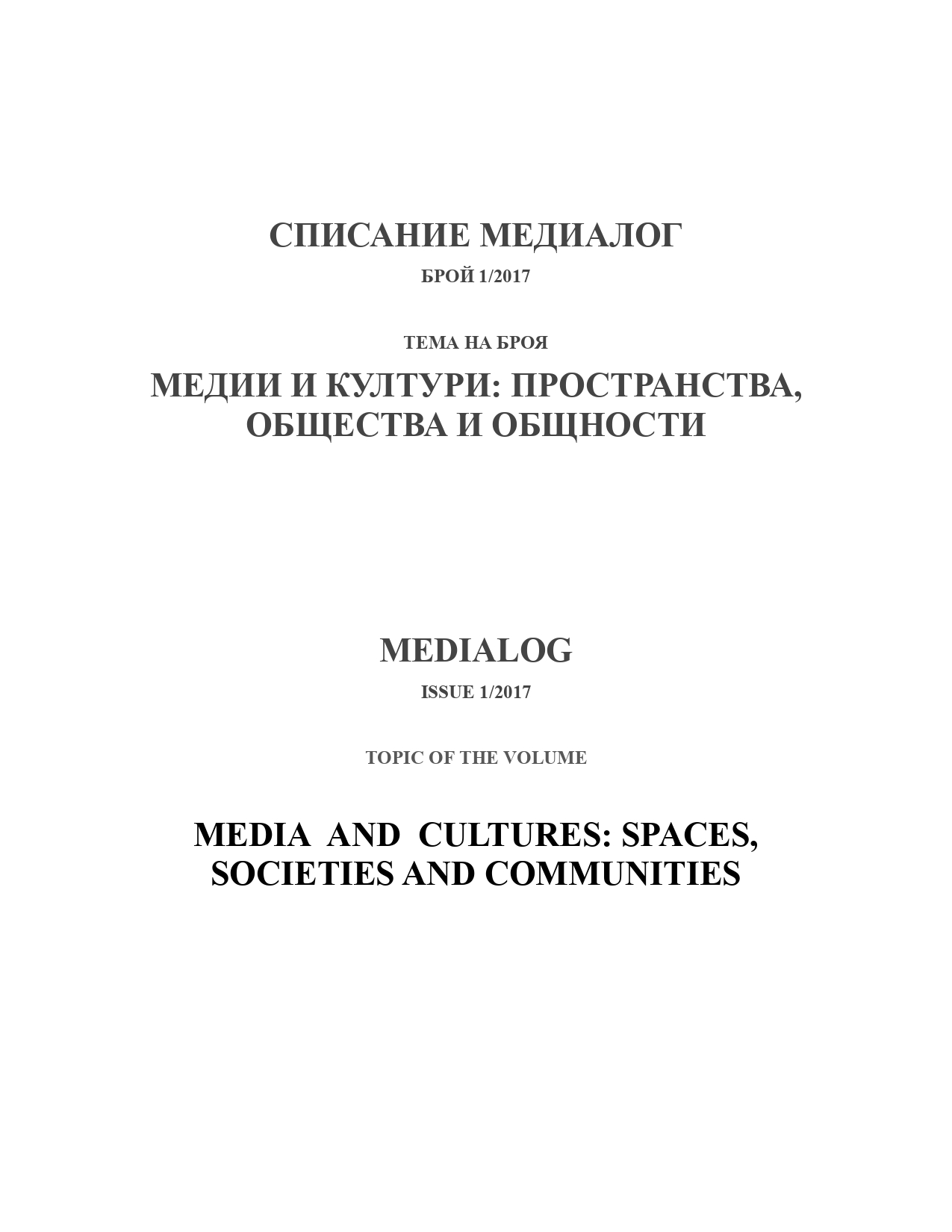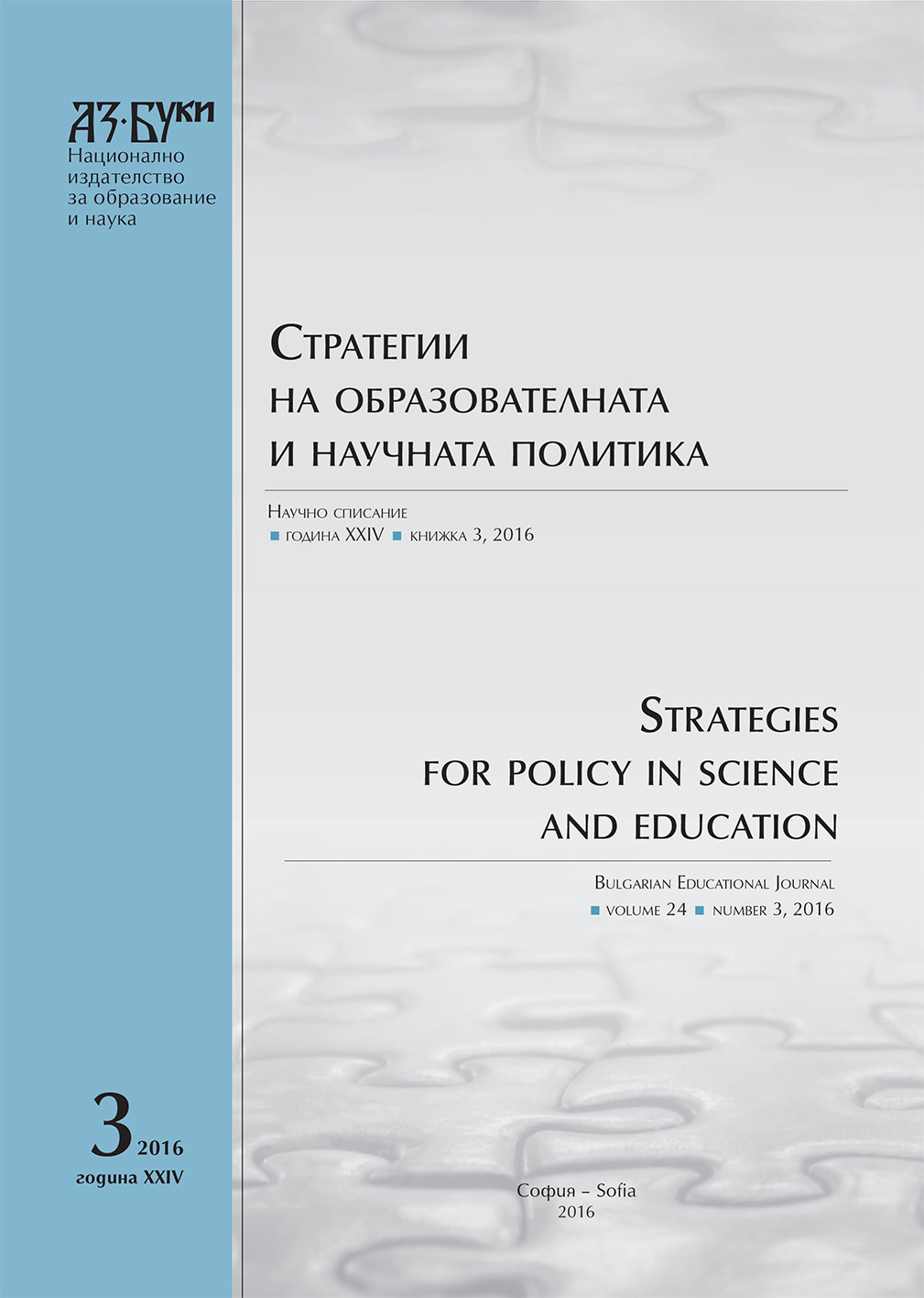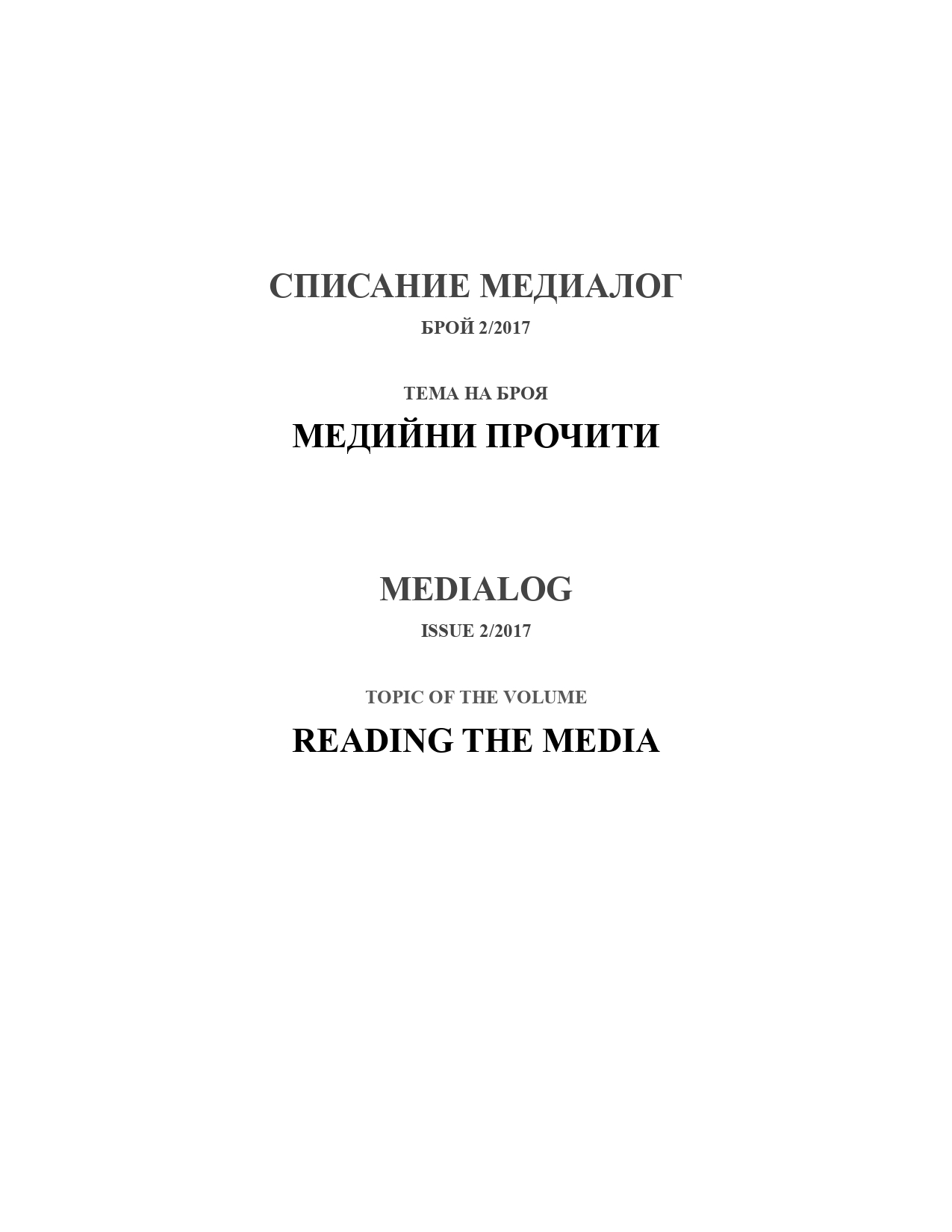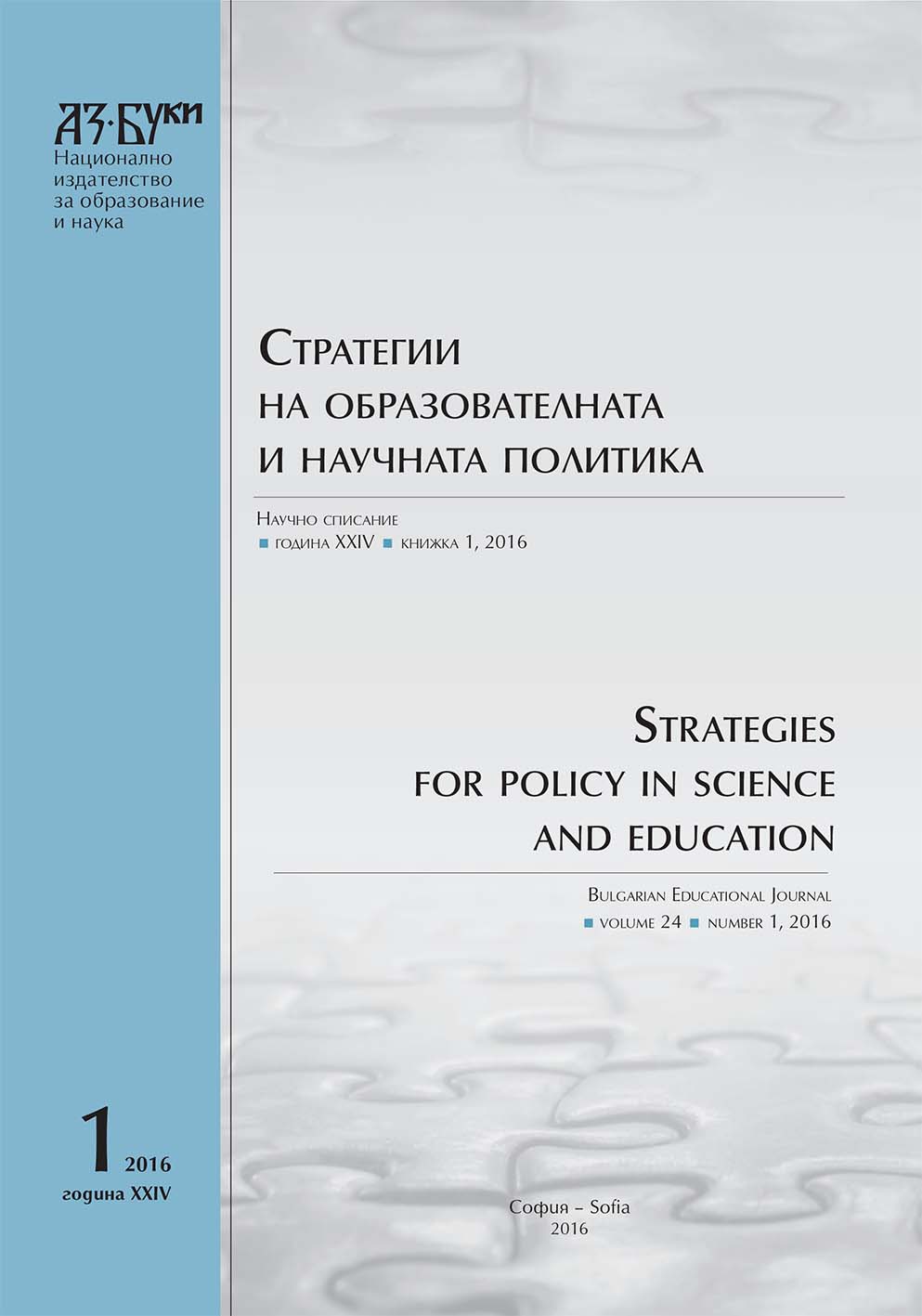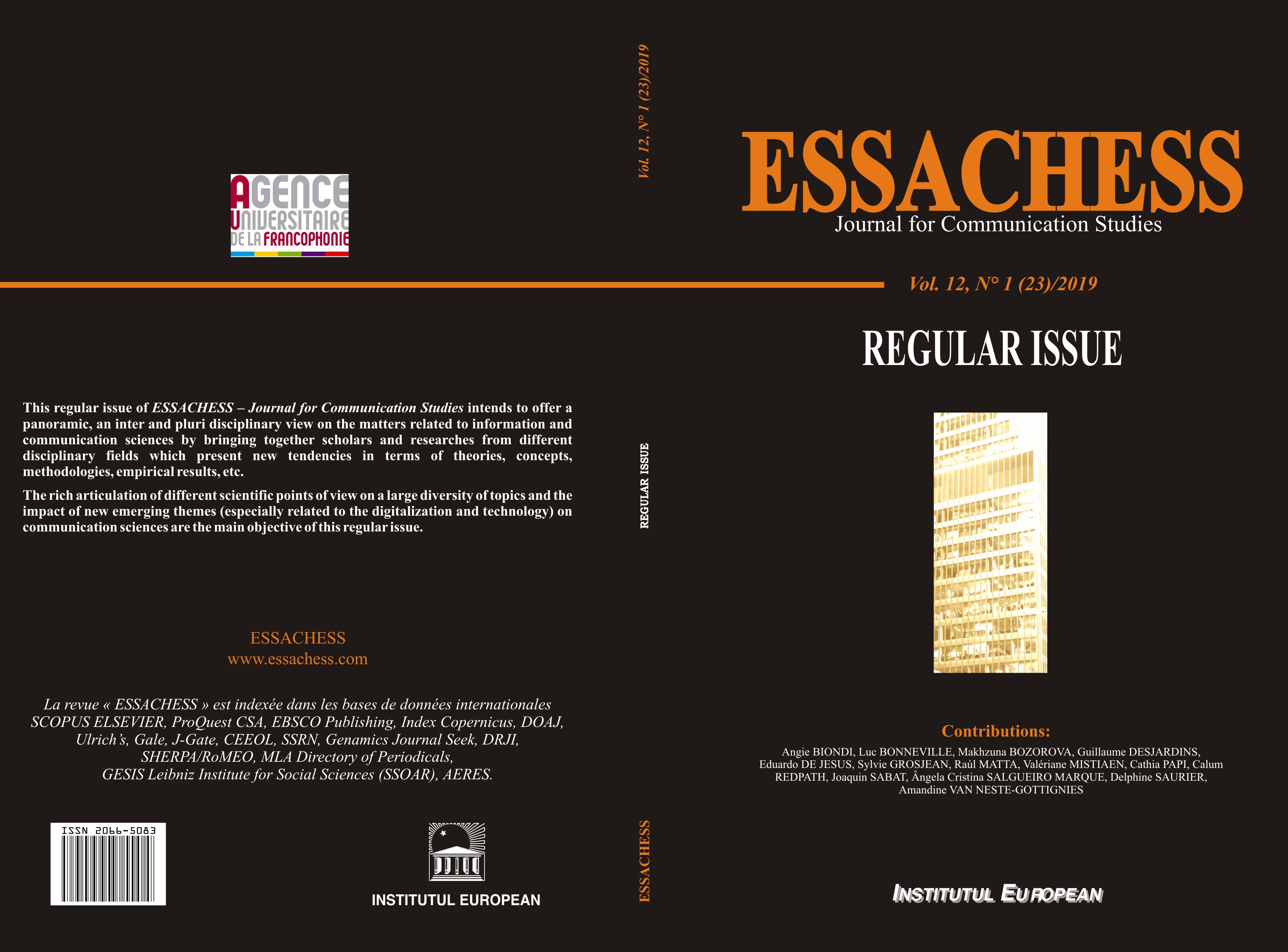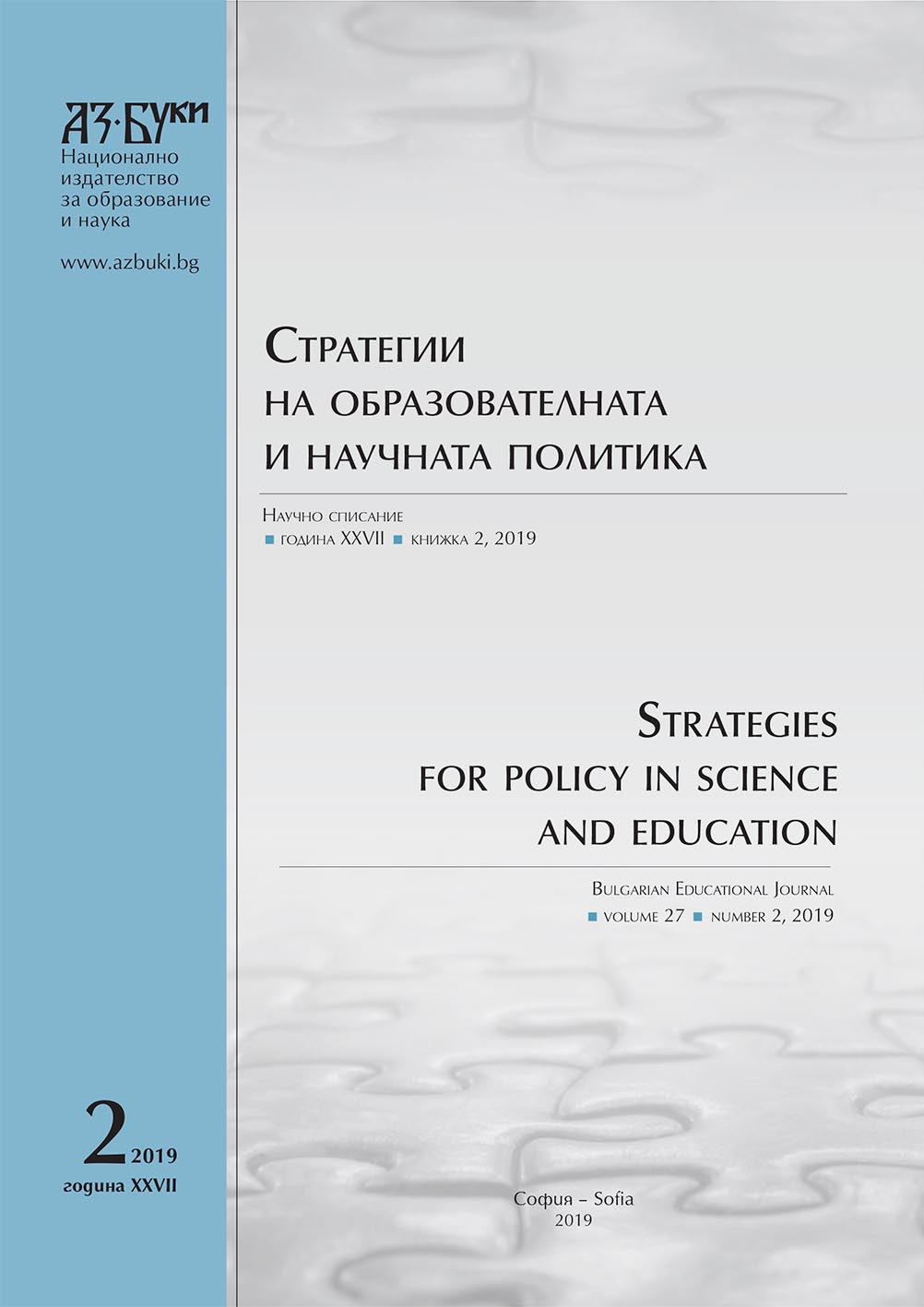
Съвременни технонаучни инфраструктури – същност, перспективи и политики
Some basic ideas in the contemporary concept of technoscience are pointed out. Technoscience is considered as a new phenomenon based on the convergence of science and technology and their gradual hybridization, leading to the creation of an inseparable symbiotic link between them. It involves the emergence of a common target orientation, a strong convergence of scientific research and technological innovation, existence of similar objects of study and treatment, and the achievement of similar results and products. Another important feature of technoscience is the growing role of the social factor for its development. Some modern technological and organizational innovation infrastructures such as clusters, techno-parks, “smart cities”, “living labs”, etc., are presented, considering them as an essential prerequisite for the sustainable development of technoscience. Key policy initiatives and measures to support them are presented at both European and national level.
More...
